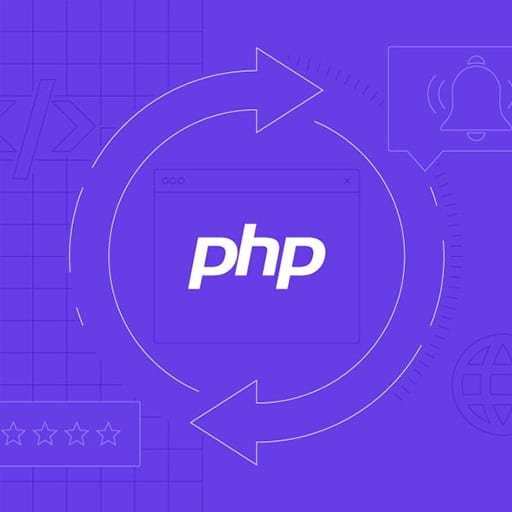Choosing the right PHP framework for your project is an important decision that can greatly impact the development process and the success of your project. With so many options available, it can be overwhelming to make the right choice. Here are some factors to consider when selecting a PHP framework:
1. Project Requirements: Start by understanding the specific requirements of your project. Consider factors such as the size and complexity of the project, the expected traffic and scalability needs, the desired features and functionalities, and any specific industry or domain requirements.
2. Learning Curve: Evaluate the learning curve associated with each framework. If you or your team are already familiar with a particular framework, it might be easier and faster to use that one. However, if you are open to learning a new framework, consider the availability of documentation, tutorials, and community support to help you get up to speed.
3. Community and Support: Look for frameworks with an active and supportive community. A strong community can provide valuable resources, such as forums, documentation, and plugins, and can help you troubleshoot issues and find solutions quickly.
4. Performance: Consider the performance requirements of your project. Some frameworks are optimized for speed and efficiency, while others may prioritize flexibility and ease of use. Evaluate the performance benchmarks and reviews of different frameworks to ensure they can handle the expected workload.
5. Security: Security is a critical aspect of any web application. Look for frameworks that have built-in security features, such as input validation, protection against common vulnerabilities, and secure session handling. Additionally, consider the track record of the framework in terms of security vulnerabilities and the responsiveness of the development team in addressing them.
6. Database Support: Consider the database support provided by the framework. Most frameworks support popular databases like MySQL and PostgreSQL, but if you have specific database requirements, ensure that the framework can handle them seamlessly.
7. Ecosystem and Extensions: Evaluate the availability of plugins, extensions, and libraries for the framework. A rich ecosystem can save development time by providing pre-built components and integrations with popular tools and services.
8. Longevity and Maintenance: Consider the longevity and maintenance of the framework. Look for frameworks that have been around for a while and have an active development team. This ensures that the framework will continue to receive updates, bug fixes, and security patches in the future.
9. Cost: Finally, consider the cost implications of using a particular framework. While many PHP frameworks are open-source and free to use, some may have commercial licenses or additional costs associated with premium features or support.
By considering these factors, you can make an informed decision and choose the PHP framework that best aligns with your project requirements and development goals.
